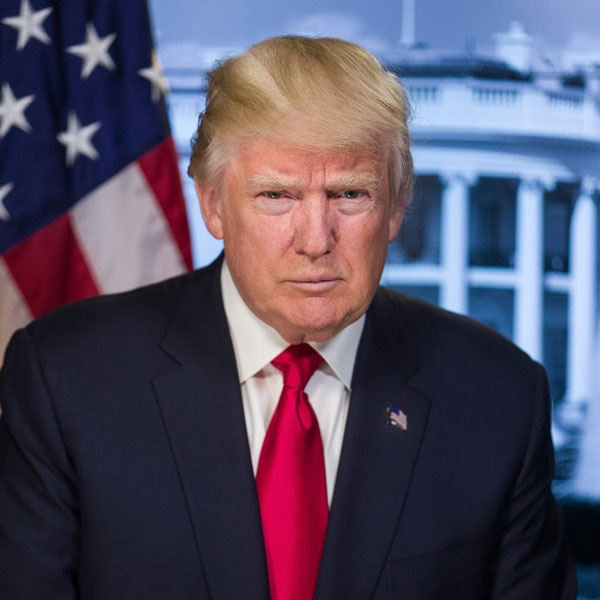Trump’s policy shifts raise doubts over U.S. NATO commitment

[Portrait of President-elect Donald Trump, photo credit to Unsplash]
Last week, following the Oval Office argument with Ukraine president Volodymyr Zelensky, President Donald Trump ordered a suspension on US military aid to Ukraine, casting doubt on its commitment to NATO.
With President Trump re-entering into world politics again, international attention has turned toward him.
President Trump has taken steps to rehabilitate Russia’s global standing, lifting its isolation and easing sanctions on President Putin.
President Trump is currently blaming Zelensky for the onset of war.
He claimed that Zelensky wasn’t thankful enough for support from the US and that he was “gambling with world war three.”
He further stated “President Zelensky is not ready for peace if America is involved because he feels our involvement gives him a big advantage in negotiations”
Trump’s announcement to halt further assistance to Ukraine, coupled with his cordial diplomatic stance toward Russia, has alarmed European countries.
This impact of the pause in aid is projected to be significant.
Cancian warned “Their front lines would continue to buckle and eventually they would break and Ukraine would have to accept an adverse – even catastrophic – peace settlement.”.
The halt in military aid may signal a broader withdrawal of commitment to NATO. This shook the world’s most powerful and largest military alliance NATO.
Trump’s criticism of unequal defense spending among NATO countries “I think it’s common sense. If they don’t pay, I’m not going to defend them,” heated up the European countries once again.
The U.S is not only part of NATO, but is its foundation.
Trump's abrupt withdrawal from the alliance has degraded Europe's dependence on the US and now, America’s commitment to defend NATO is doubtful.
Without support from the US, NATO wouldn't mean or symbolize anything.
The US historically contributed approximately $860 billion to NATO, which consists of 66% of the alliance’s total budget, leading to questions about future funding structures.
If European nations can no longer rely on America, European leaders need to consider their own defense capabilities and alliances.
With the fear of the rise of Russia, the leaders of the European Union gathered on Thursday to undertake a military buildup which they haven’t done in decades.
The proposals by the EU include a 150-billion-euro loan program for investments including air and missile defense, artillery and drones.
However, this effort faces significant hurdles due to Europe’s tumbling economy.
In the aftermath of the COVID-19 pandemic, as well as the invasion of Russia into Ukraine, the European economy has been struck badly.
Its energy prices surged after Russia cut off the supply of cheap gas, while tourism-dependent economies work to diversify amid global economic shifts.
Unlike manufacturing oriented China and India, which benefit from vast workforces and production capacity, Europe contends with infrastructure limitations and higher labor costs.
26 European leaders have signed a peace deal that respects Ukraine independence.
In addition to this text, another 27 leaders finalized proposals that could free billions of euros to boost defense spending.
Following this summit in Brussels, French president Emmanuel Macron announced over $33 billion support from EU to Ukraine.
He stated that “the priority is to support Ukraine and its army in the very short term”, and that “In 2025, the EU will provide Ukraine with 30.6 billion euros, financed by Russian assets.”
With defense ministers scheduled to convene in Brussels next week, the continent stands at a pivotal moment where the decision between economic realities and security imperatives will determine its path forward.

- Minji Lee / Grade 8
- Branksome Hall Asia

![THE HERALD STUDENT REPORTERS [US]](/assets/images/logo_student_us.png)
![THE HERALD STUDENT REPORTERS [Canada]](/assets/images/logo_student_ca.png)
